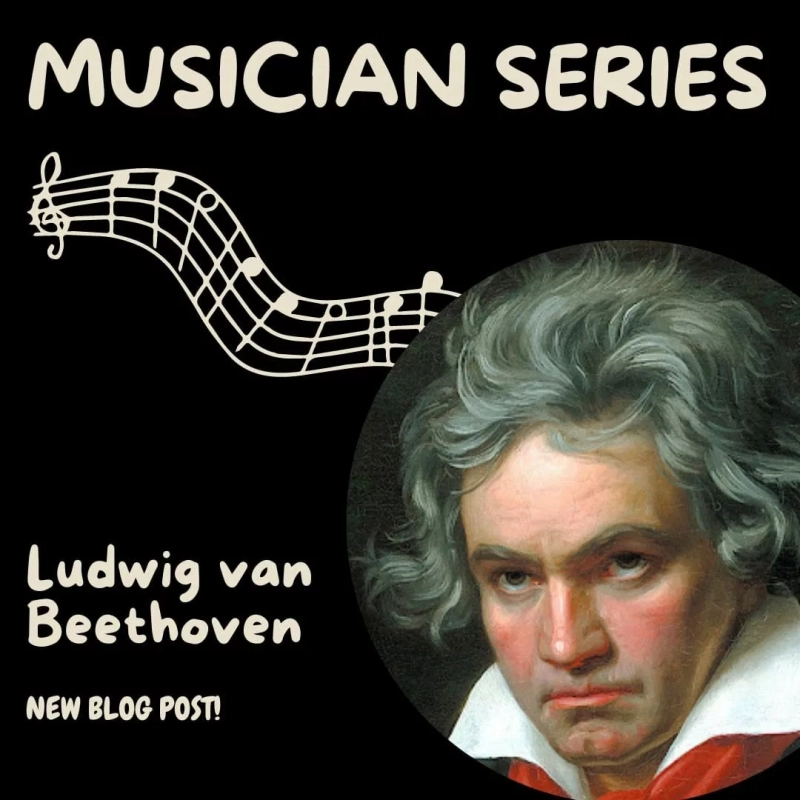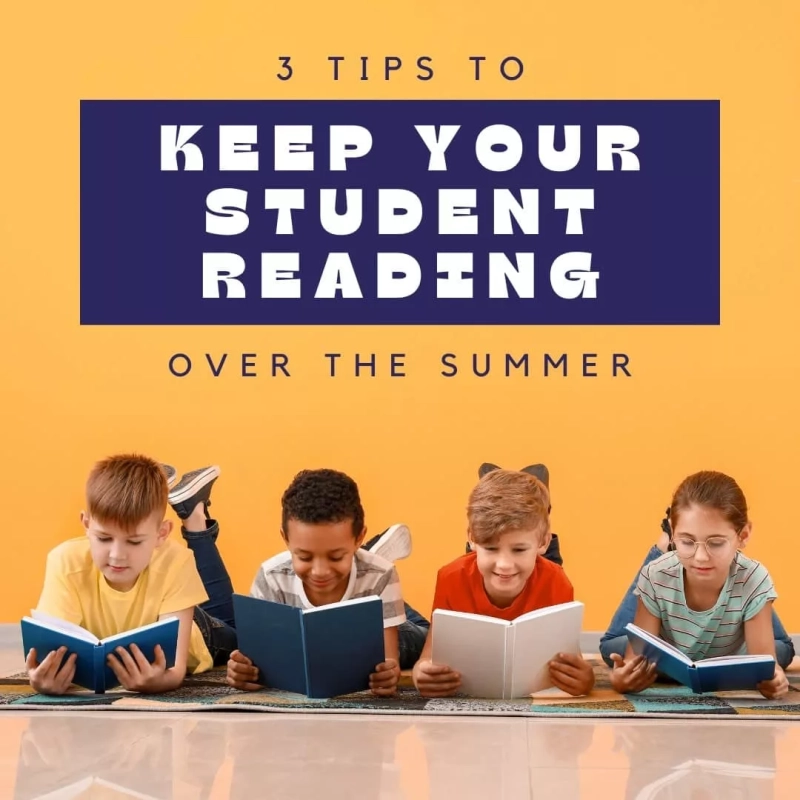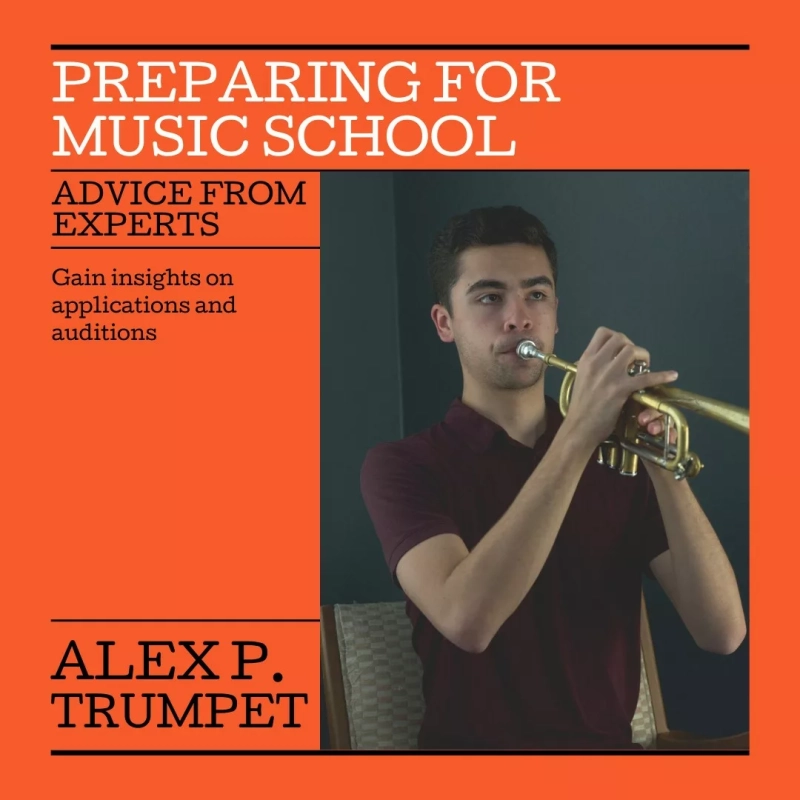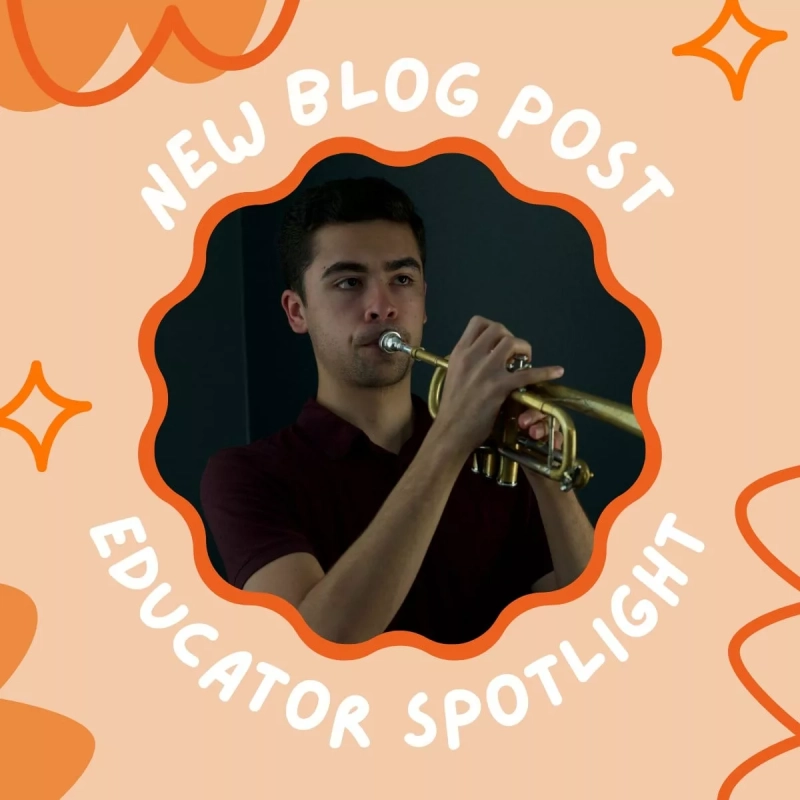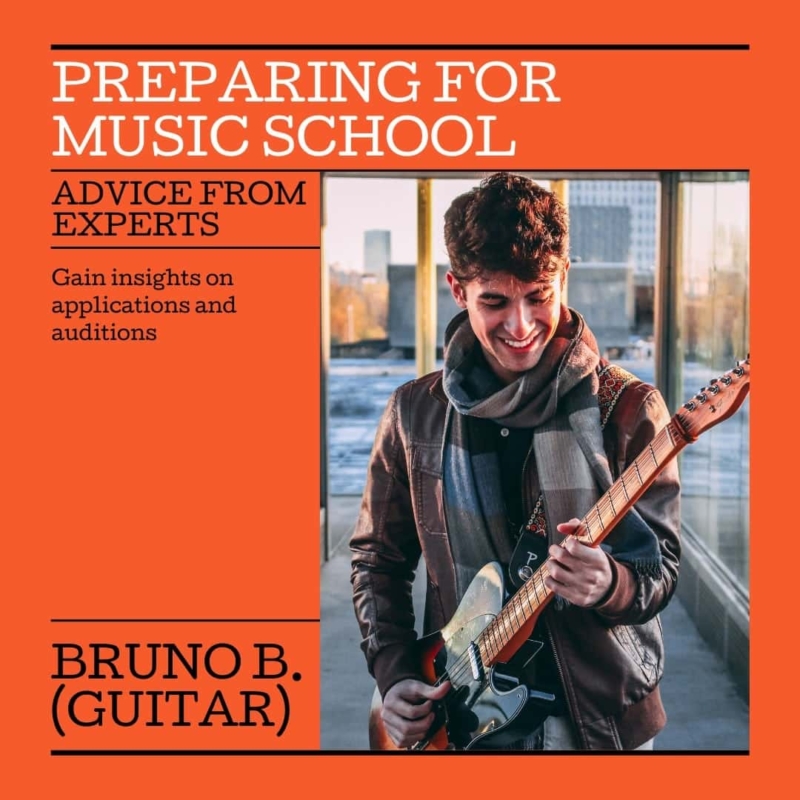In addition to our summer artist series, we are also starting a musician series where we’ll explore some of the most influential musicians of all time. This week, we’re sharing about Ludwig van Beethoven!
————
Ludwig van Beethoven was a German composer born in December 1770. He is known as one of the greatest composers of all time.
Beethoven came from a family of musicians, and was a gifted pianist and violist.
His early career was spent playing as a court musician in Bonn, a western German city. After nine years he moved to Vienna where he studied under the Austrian composer Joseph Haydn.

The first period of Beethoven’s composition was from 1794-1800 and is characterized by 18th-century technique and style.
The second period of his composition was between 1801 and 1814. His most famous works came from the second period, including Symphony No. 5 in C Minor (1808) and Symphony No. 6 in F Major (1808).
The third and final period was from 1814-1827 and featured a variety of musical harmonies and sounds.
Beethoven began to lose his hearing in 1795 and by 1819 he was completely deaf.
However, his hearing loss didn’t stop him from composing music. In fact, he wrote many of his most renowned pieces while partially or totally deaf.
It’s believed that he never heard a single note of Symphony No. 9 in D Minor, considered by many to be Beethoven’s greatest work.
Beethoven’s work was considered quite innovative. He was the first composer to combine vocal and instrumental music into a symphony. His impact and work elevated instrumental music to become highly regarded.
Beethoven died on March 26, 1827 in Vienna, Austria. Today, his compositions are still played by orchestras, and his work is widely recognized and influential.
Sources: https://www.britannica.com/biography/Ludwig-van-Beethoven
Learn How to Play Beethoven’s Hits
Schedule a private music lesson with one of our expert music teachers!
Our musician series continues with Louis Armstrong.

